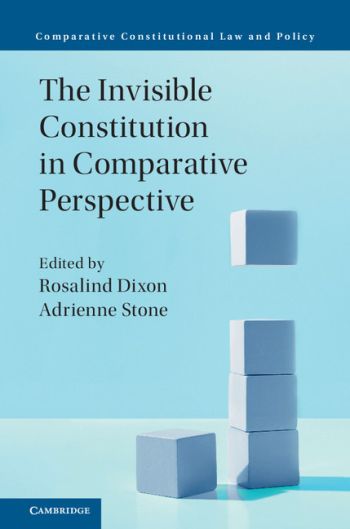
Constitutions worldwide inevitably have 'invisible' features: they have silences and lacunae, unwritten or conventional underpinnings, and social and political dimensions not apparent to certain observers.
The Invisible Constitution in Comparative Perspective helps us understand these dimensions to contemporary constitutions, and their role in the interpretation, legitimacy and stability of different constitutional systems.
This volume provides a nuanced theoretical discussion of the idea of 'invisibility' in a constitutional context, and its relationship to more traditional understandings of written versus unwritten constitutionalism. Containing a rich array of case studies, including discussions of constitutional practice in Australia, Canada, China, Germany, Hong Kong, Israel, Italy, Indonesia, Ireland and Malaysia, this book will look at how this aspect of 'invisible constitutions' is manifested across different jurisdictions.